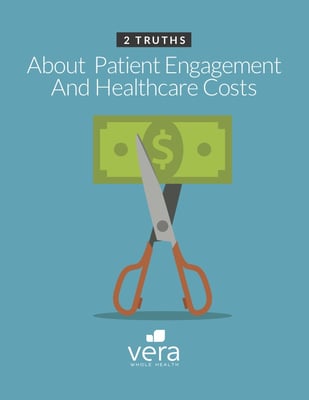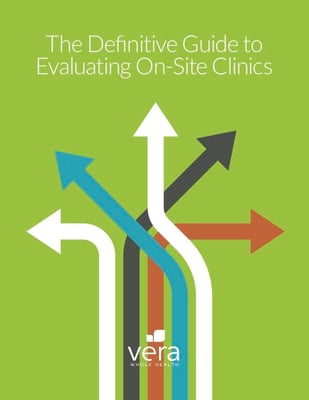An In-Depth Look At
Managed Care
Managed care is an essential strategy for employers. The best managed care approaches use a proactive, preventive approach. They shift the focus from a “sick care” system fixated on diseases and expensive pharmaceuticals to one that achieves optimal population health.
In this model, employees, spouses, and children receive nearly all the care they need at their home clinic: including primary and acute care, workers’ compensation treatment and occupational health services, and wellness services. They will rely less on emergency and urgent care, rein in complications due to chronic illness, and live healthier lifestyles.
By combining on-site medical care, health coaching, and sustainable culture change with robust analytics, managed care empowers employers to effectively manage healthcare costs. The innovative healthcare strategy known as the “Triple Aim” underpins this philosophy of providing the right care at the right time and at the right price.
Our experience has shown that the following performance indicators drive success:
- Patient-centered medical home model principles, with improved patient accessibility
- Health engagement for all patients, improving the risk stratification for the entire population
- Relationship-based, integrated care including a face-to-face health coach on the clinical team
- Real-time data analytics for improved care coordination and continuity for patients
- Organization-wide behavior change to support health and wellness
Today’s managed care utilizes an innovative consumer-driven medical home model. This model creates a new patient experience. It provides accessibility, an improved experience, an integrated care team, and the highest quality — all for the lowest cost.
An integrated care model results in significant reductions in employee health claims. ER, inpatient/outpatient, specialty services, and labs/Rx see the biggest reductions. This allows employers to drop ineffective and expensive carrier-based disease management and wellness programs. And it generates cumulative savings over time.
Health coaches are key members of the clinical team, an integration that achieves “whole person” care. The coach also co-facilitates your Whole Health Council. The council is designed to shift your culture to one that promotes total social, mental, and physical well-being.
In the best cases, both providers and the patients are incentivized to achieve improved health outcomes. Unlike traditional hospital-based systems, where physicians are paid based on volume, Vera providers are compensated based on clinic performance metrics; medical outcomes, patient satisfaction, and clinic engagement.

